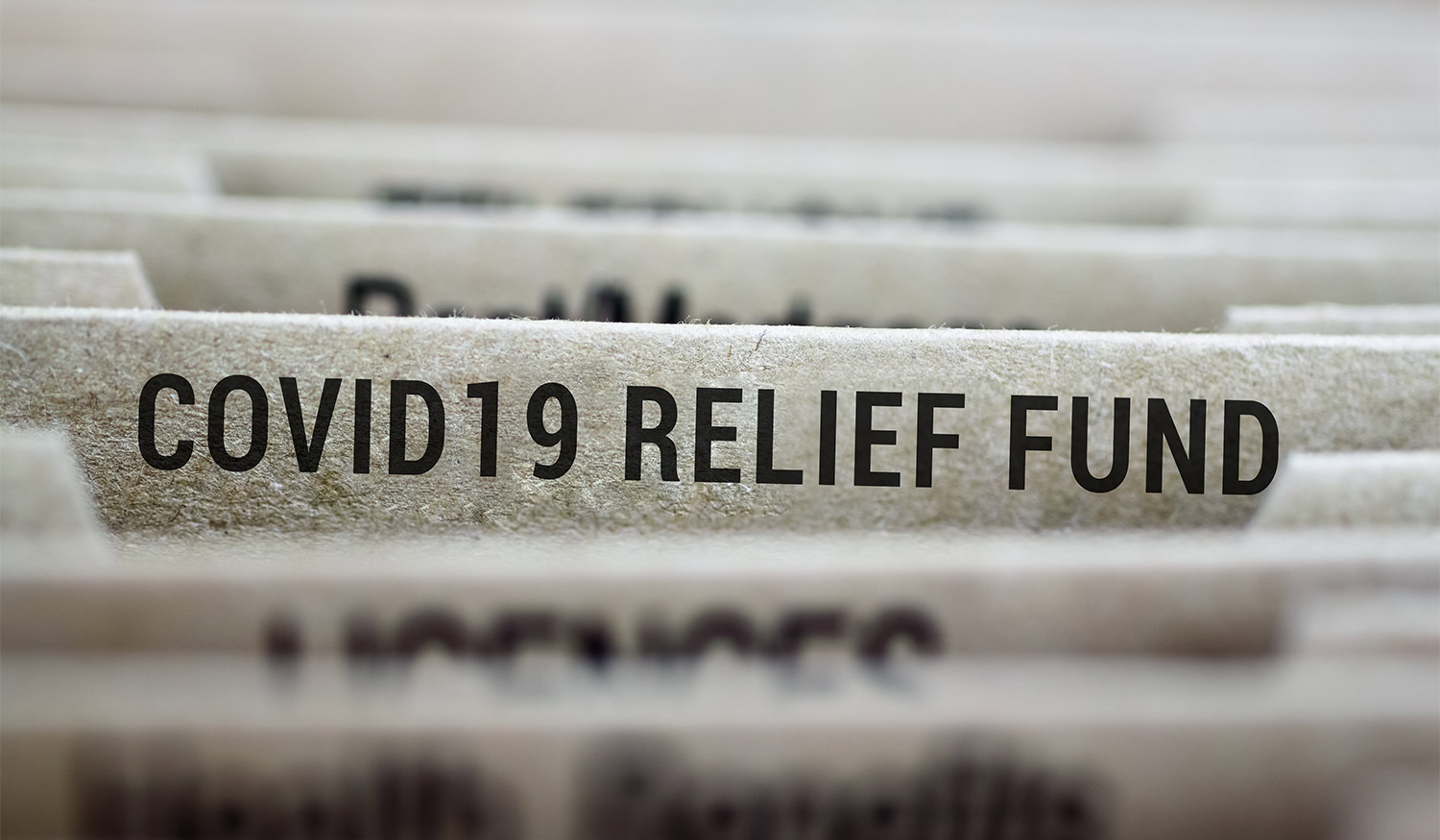
After an extraordinary 2019–20 legislative session marked by unprecedented closures, delays and a tight focus on the state’s COVID-19 response, Gov. Gavin Newsom signed 41 new bills affecting K-12 education into law. While schools received some clarity and support on funding and flexibility during the state of emergency, pressing questions on school liability and the digital divide remain unresolved.
In March, the Governor and Legislature provided emergency relief to local educational agencies with Senate Bill 117. The bill provided $100 million to LEAs to purchase personal protective equipment and pay for supplies and labor costs related to cleaning school facilities, ensured that they would continue to receive funding despite school closures, and granted flexibility in providing services to students during this crisis. In June, an education budget trailer bill, SB 98, eliminated the unworkable 10 percent cut to the Local Control Funding Formula proposed in the May Budget Revision, held LEA funding at 2019–20 levels with a new round of apportionment deferrals, and included more than $5 billion in one-time funding from the state’s share of federal CARES Act stimulus funding. The budget also included a reduction in employer pension contribution rates by some 2 percentage points for the 2020–21 fiscal year.
Finally, in October, Gov. Newsom signed SB 820, an additional education trailer bill making further changes to the education budget and related requirements for LEAs. The bill creates a pathway for LEAs to receive average daily attendance funding for enrollment growth during the state of emergency and provides additional time to spend and report learning loss mitigation funds. SB 820 also creates reporting requirements for the new Learning Continuity and Attendance Plan template and clarifies distance learning requirements related to synchronous and asynchronous learning and recording.
Citing concerns that the model curriculum requires further revision in his message, Gov. Newsom vetoed Assembly Bill 331 (Medina, D-Riverside), which would have added the completion of a one-semester course in ethnic studies to the high school graduation requirements beginning in the 2029–30 school year. The Governor also vetoed AB 1835 (Weber, D-San Diego), which would have required LEAs to identify and report unspent LCFF supplemental and concentration grant funds annually and clarified that the unspent funds must continue to be used to increase or improve services for unduplicated pupils in future years. In his veto message, Gov. Newsom wrote that he deeply supported the underlying goal of the bill but was concerned that it could not be implemented in a timely manner. “There is a simpler solution that allows the objectives of AB 1835 much sooner and with more transparency,” he wrote. “Therefore, I am directing the Department of Finance to propose language for your consideration as part of my budget in January.”
Gov. Newsom signed AB 992 (Mullin, D-San Mateo), amending the Brown Act to allow governing board members to communicate via social media with community members while continuing the prohibition on board members using social media to discuss board business among themselves.
Gov. Newsom and the Legislature failed to take action on AB 1384 (O’Donnell), which would have shielded school districts and county offices of education that follow state health guidance from financial liability for any harm caused by COVID-19 when their schools reopen during the state of emergency. The Governor did sign SB 1159 (Hill, D-San Mateo), which reduces employees’ burden to prove that they contracted COVID-19 at work on or before July 5, 2020, and will likely raise the premium rates that LEAs pay for workers compensation insurance. CSBA has pursued this liability issue at the state and federal levels since March and will continue to raise the alarm with the Governor and the Legislature as a top priority when legislators return in January.
Also left unresolved is the critical need to address gaps in home internet access for the 95 percent of California students who began the 2020–21 school year with distance learning. A CSBA-supported proposal to place a technology bond on the ballot that would build out the necessary broadband infrastructure statewide and buy computing devices for students in need was denied the chance to be amended into a bill. Two additional bills to expand broadband access, SB 1130 (Gonzalez, D-Long Beach) and AB 570 (Muratsuchi, D-Torrance), died without a floor hearing. With 20 percent of California households without home internet access, urgent action is still needed — whether in the Capitol or on the ballot.